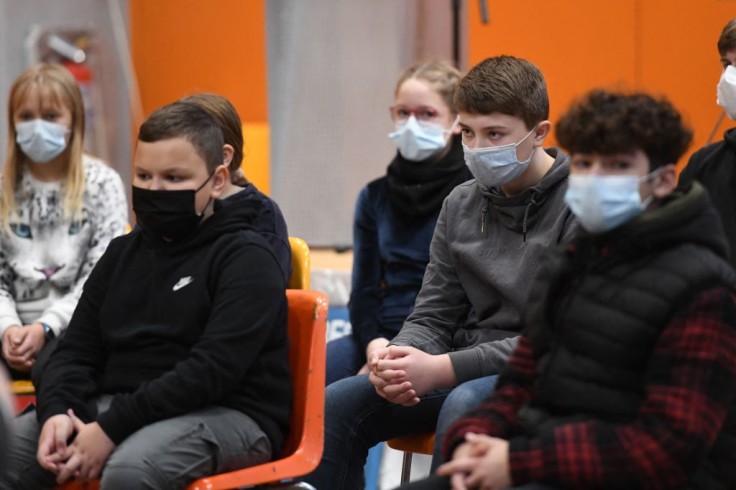
According to research, people who have experienced adverse childhood experiences or ACEs were more likely to mistrust COVID-related health information, hesitate to get COVID jabs or go against COVID restrictions than those who did not report any ACEs.
Around 2,285 Welsh residents 18 years old and above were the research participants conducted among different households in Wales via a national cross-sectional telephone survey. The study's goal was to see an association between adverse childhood experiences and compliance with COVID-19 regulations, vaccine hesitancy, and level of trust in health information.
Compliance to COVID-19 Restrictions
The effect of the pandemic was of a global scale, and to mitigate the dangers and consequences that it brought, most if not all countries had to rely on the compliance of people to COVID-19 restrictions set forth by their respective governments. These include travel restrictions, physical distancing, personal protective equipment such as masks, quarantine, isolation, and vaccinations.
Medical practitioners and governments need public acceptance of these restrictions and regulations to avoid the pandemic's spread. However, not everyone has been welcoming or receptive to these rules.
Adverse Childhood Experiences (ACE)
The Welsh study identified nine (9) adverse childhood experiences before 18 years old. These include maltreatment, neglect, physical, psychological, or sexual abuse, exposure to domestic violence, and substance use, among others, and were measured using an ACE tool from the Centers for Disease Control and Prevention.
According to another study, there exists a strong relationship between ACEs and the development of behaviors that harm health, such as substance and alcohol abuse, antisocial behavior, and violence. Although not determinative, there are instances that ACEs impact the development of health problems such as cancers, diabetes, obesity, and heart diseases. Therefore, people who have suffered from ACEs are at greater risk of COVID-19, mainly due to comorbidities heightened by risky behaviors and conditions such as smoking, alcohol and substance abuse, diabetes, obesity, and other diseases.
The research found a significant relationship between having low trust in the COVID-19 information from the National Health Service and feeling too restricted by the government with high levels of approval or amenability with the cessation of mandatory mask-wearing, breaking restrictions, removal of social distancing, and vaccine hesitancy. ACEs have been previously linked to a lack of trust in the medical profession.
Most individuals interviewed followed the COVID-19 precautionary regulations of the NHS, even those with adverse childhood trauma. However, those with more ACEs had lower trust in the NHS COVID-19 information than those who had none. Those who felt being unfairly restricted by the government doubled when those with no ACEs were compared with those who had four or more ACEs. They were also twice more likely to break COVID-19 restrictions occasionally than those with no ACEs.
Safer childhood, protection of children against ACE
With these findings, researchers believe that investing for a safer childhood and protecting children against ACEs are crucial to achieving more compliant individuals with fewer health problems brought by risky behaviors and better physical, mental, and psychological well-being.